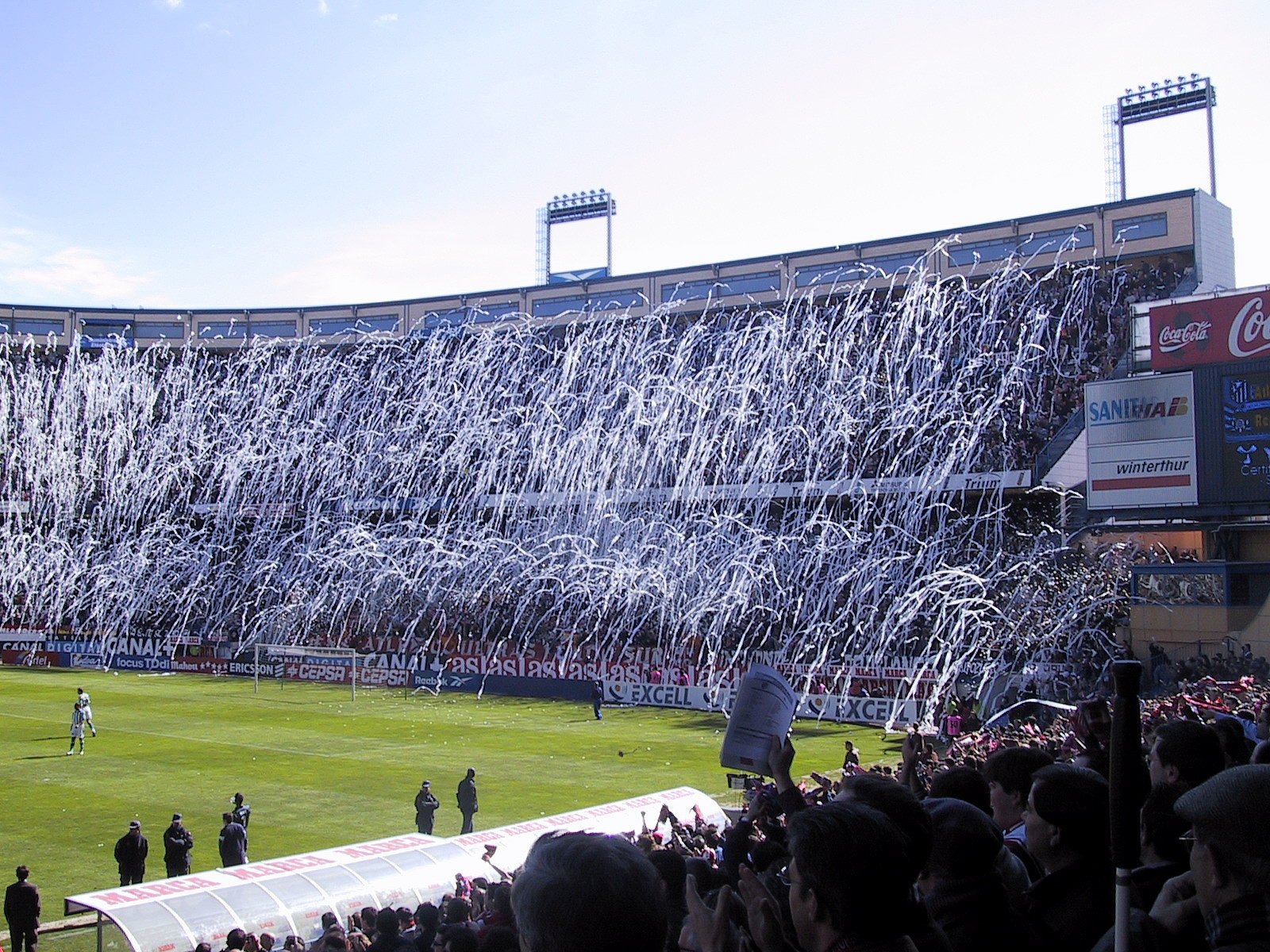The 2000/2001 Segunda División season left behind a challenging panorama that promised to be a true cinematic one. The relegated Atlético de Madrid, Sevilla and Betis joined a mix of historic and extinct teams, creating a fight for promotion and to escape the "pit".

Among the historic players who stood out that year were names such as Salva Ballesta, Atlético de Madrid's top scorer and top scorer in the category. Talents also emerged such as Patxi Puñal, from Leganés, and Vladimir Gudelj, from Compostela. The debut of Fernando Torres with Atlético de Madrid added a special shine to the season, marking the beginning of the career of a national star.
But what teams made up this Second Division?
In addition to those relegated, we find teams that in recent years have been regulars in the First Division, such as Eibar, who finished in 15th position, and Getafe, who unfortunately were relegated that year to the 2ªB.
However, the real richness of that season lay in the presence of teams with rich histories but going through difficult times. Real Murcia, which finished in 13th place, and Recreativo de Huelva, founded in 1889 and which finished in 6th place, are examples of this. Today, both clubs struggle in the lower categories.
The list goes on with teams like Racing de Ferrol, CD Badajoz, Lleida and Compostela, all with histories that connect them to historic moments in Spanish football, but who currently face considerable challenges.
However, the 2000/2001 season also served as a harbinger of the challenges that Spanish football would face in the years to come. Teams such as Extremadura and UD Salamanca, defunct and re-founded in precarious conditions, are testimony to a wider crisis in the national sport.
The outlook becomes even more bleak when we recall teams like Deportivo de La Coruña, which only fifteen years ago was participating in the Champions League semi-finals, and today has just left the First Federation (formerly 2ªB).
Real Jaén's journey to the Third Division and the disappearance of Universidad LPGC in 2011 complete a picture that reflects the complexities and challenges of Spanish football in all its dimensions.
The 2000/2001 season was more than a battle for promotion, it was a chapter in the history of our football, marked by a changing and challenging panorama of teams that have left their mark on the legacy of Spanish football.
